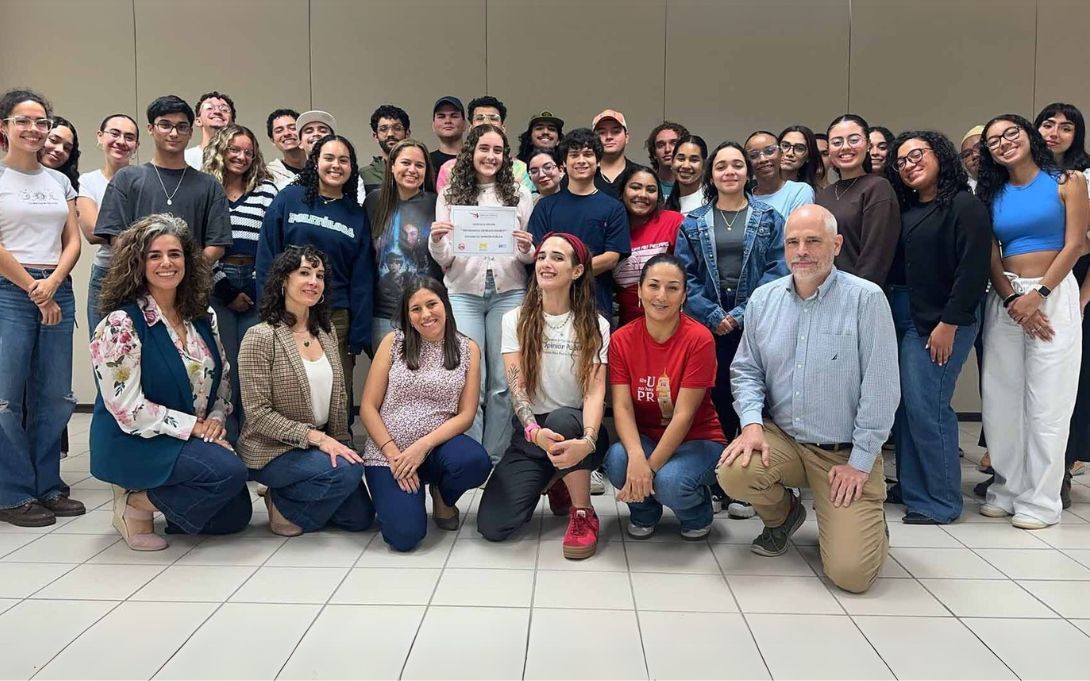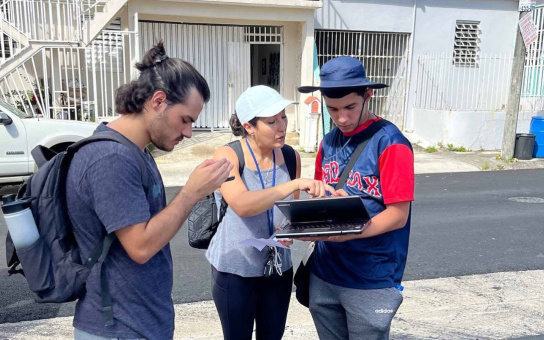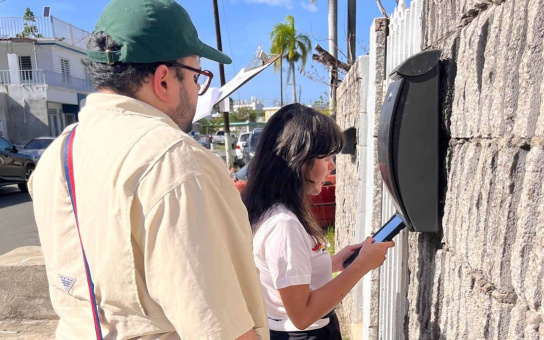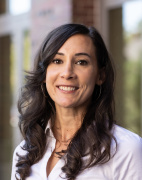
The Puerto Rico Public Opinion Lab has launched a new survey across the island of Puerto Rico as part of a project to better understand the political opinions and experiences of Puerto Ricans.
The initiative is led by researchers from the University of Michigan and the University of Puerto Rico-Río Piedras, with support from the U.S. National Science Foundation.
Due to high levels of scams, public distrust in institutions has increased, highlighting the need for reliable data and transparent communication, the researchers say. The lab’s work aims to address these challenges by providing accurate and trustworthy information about public opinion, enhancing accountability and fostering trust in government and policymaking.

“Many people have asked if this is a scam, and we want to be clear it is not. This is a legitimate and important survey, supported by UPR and U-M and funded by one of the world’s most renowned scientific agencies,” said Mayra Velez Serrano, professor of political science at the University of Puerto Rico-Río Piedras and co-director of the project.
“We want to listen to the people, especially those who have historically been ignored in both scientific research and public decision making.”
University students, trained and supervised by the Puerto Rico Public Opinion Lab team, are visiting urban and rural communities to invite selected individuals to participate. They are properly identified and adhere to strict confidentiality protocols, having been trained in research ethics and scientific methods.
“Students are going door to door to different parts of the island almost every day and will be in the field through June. People should look out for us,” said Luis Cámarera Fuertes, professor of political science at the University of Puerto Rico-Río Piedras and co-director of the project.
“Respondents from selected households can take the survey in person, online or over the phone,” said Mara Cecilia Ostfeld, U-M associate research professor of public policy and principal investigator of the project. “We verify that they live in a selected household by including a unique code in the invitations that is associated with each home.”

In addition to strengthening democracy by amplifying the voices of the people, the project invests in Puerto Rico’s future by providing UPR students with practical training in social research, data analysis and public policy.
“This lack of public opinion infrastructure is particularly dangerous in the context
of Puerto Rico, where residents have no formal vote in the federal bodies of government that serve as the ultimate authorities over their legislation and budgets,” Ostfeld said.
Preliminary results will be shared in the coming months and will be available to the public for free.
Juan Ochoa for Michigan News
